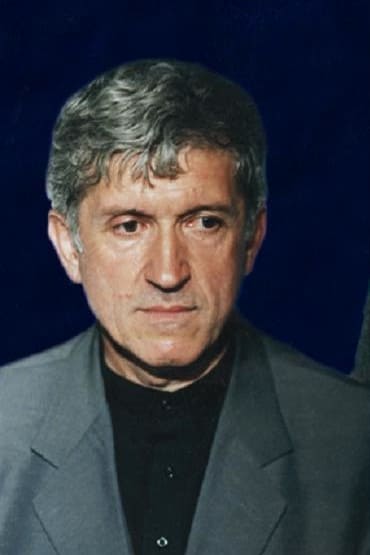
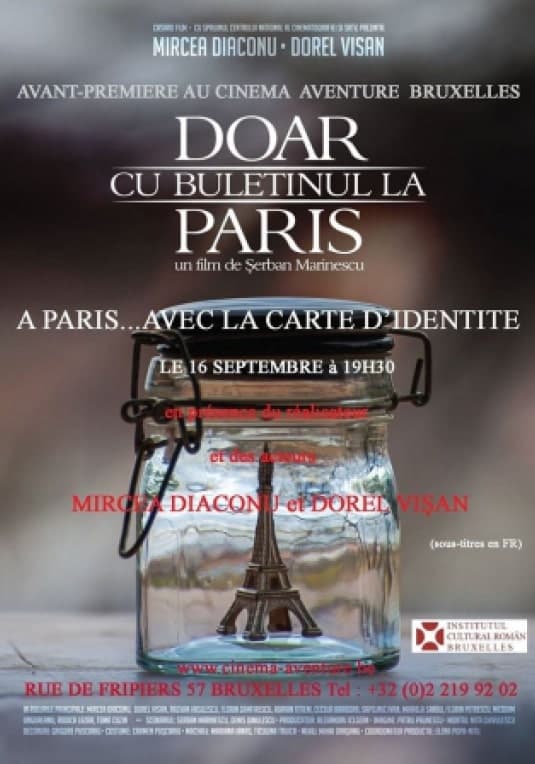
Drăgan Niță is a humble French teacher from Romania that has always dreamt of visiting Paris one day. To make his dream come true, he saves 1 lei every day.
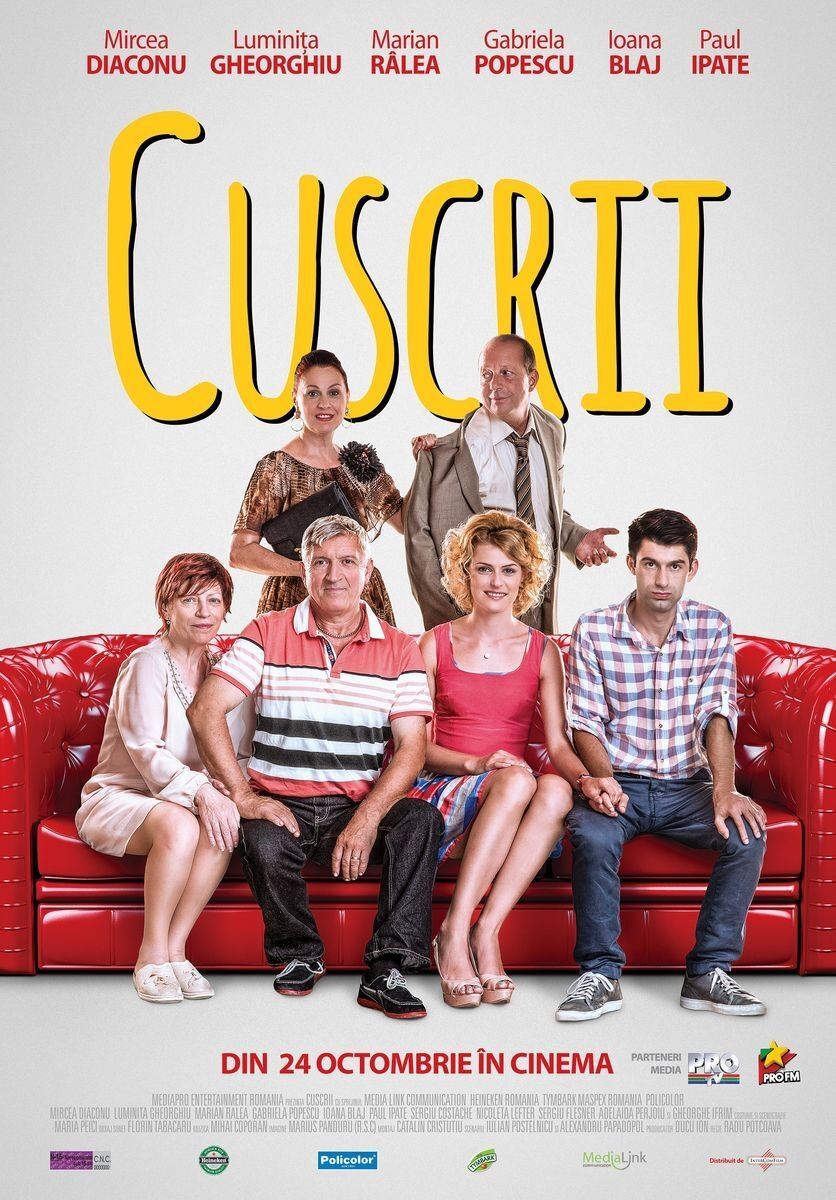
Ionut and Mariana will get married soon. It's time to meet their families and to plot the happy event. In-laws seem to understand perfectly: passion for TV series unites luxury, Romanian music of the '80s and brandy. Especially brandy. As the bottles are emptied, misunderstandings begin to appear. Three couples, three visions on marriage: fast and opulence (with white doves and Holograf Fuego), traditional wedding (with musicians and tent), or a youthful? Different options, different camps. No one fails. Moreover, the two parents-in-law remember that they met once, 25 years ago. They were in different camps. Now that miraculously brought back to life to face. Follow great challenge. It takes a miracle that this wedding is to be held.
Klaus Bernath, a wealthy German citizen, decides, after many years, to visit his birthplace, of the Banat Swabian village Lindenfeld, in Romania. Since the village has been deserted for many decades, his son and his biographer decide to reconstruct the whole space from scratch and present it as a populated place.
Vlad is a famous actor in Bucharest, married to Alina, who has always been tempted to have extra-conjugal relations.
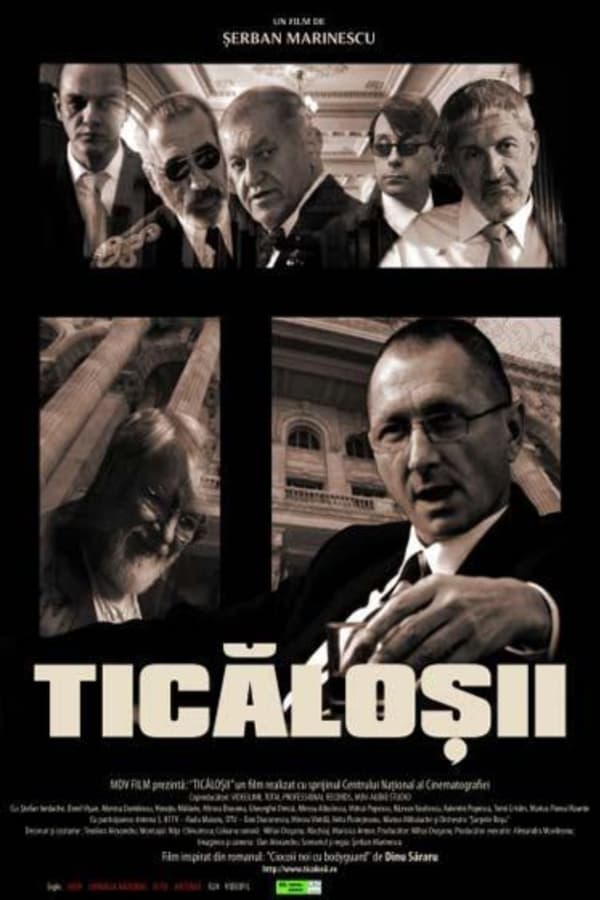
All important figures, from police officers to the president commit abuses and fight for rights that normal people doesn't dream.
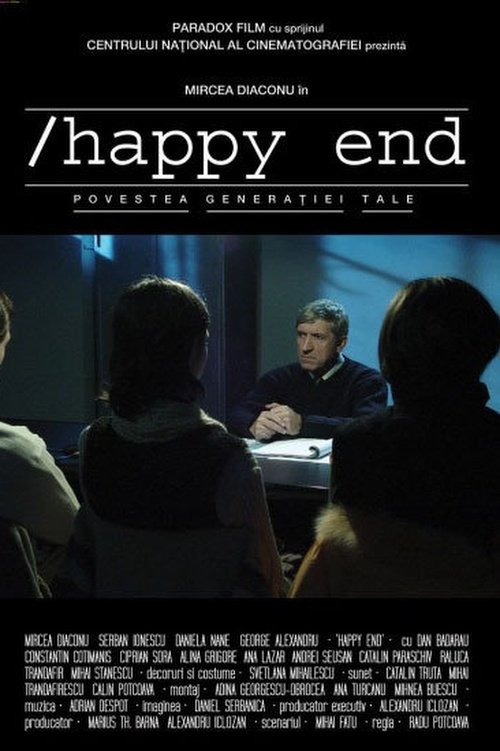

Love. It just happens. No rules. It may look sick, but it's deep and it hurts. For everyone, Alex and Kiki are just good friends. They happen to be two girls experiencing another kind of love. For their family, Kiki and Sandu are sister and brother who sometimes fight. They happen to be lovers. Love Sick is about their stories.
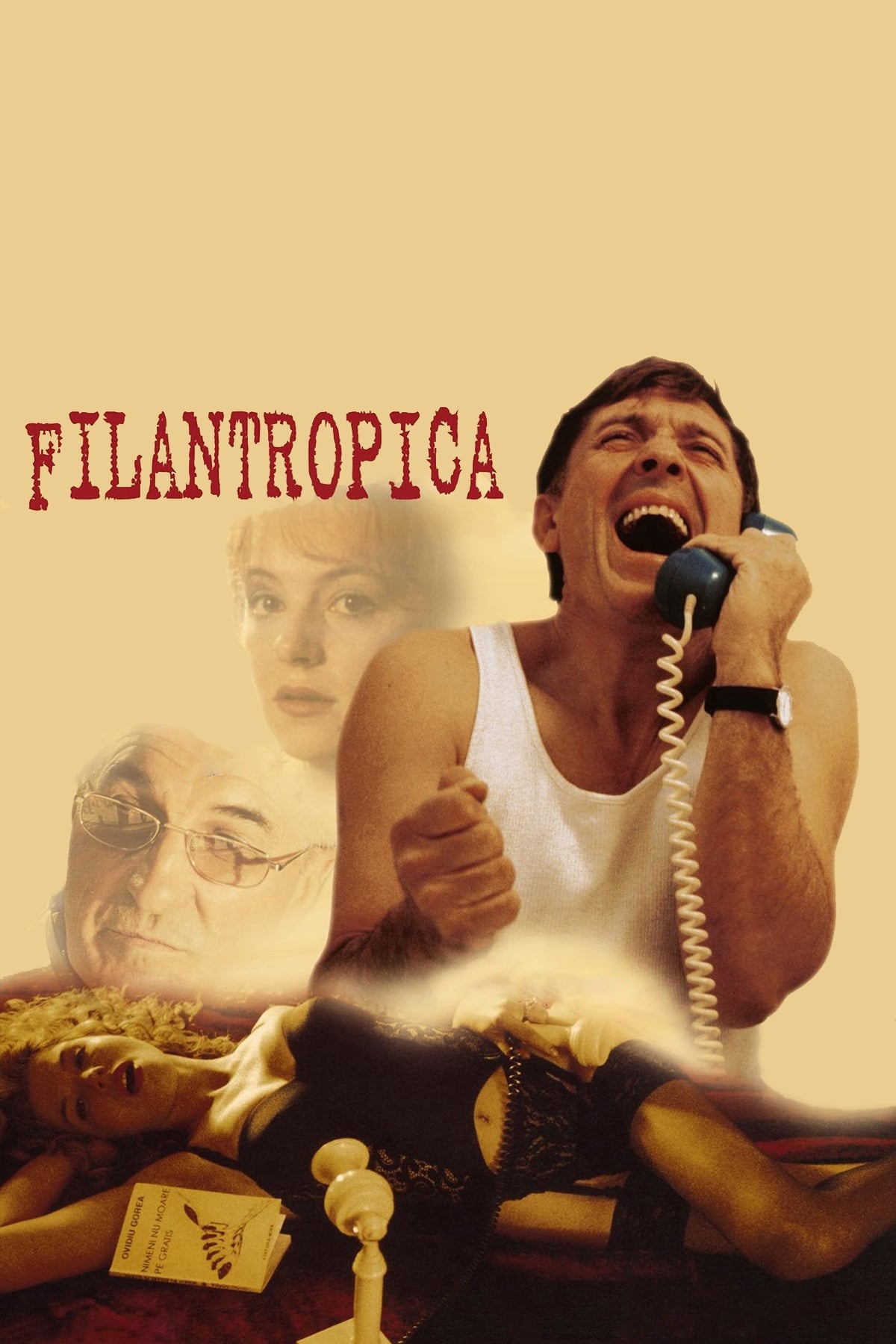
In 21st century Bucharest, to go out in the city on Saturday evening on the arm of a beautiful woman is a risky financial investment. Ovidiu, an unassuming high school teacher, never could afford it. Looking for a source of income more substantial than a teacher's salary, Ovidiu plunges into a fabulous world – the beggar mob.
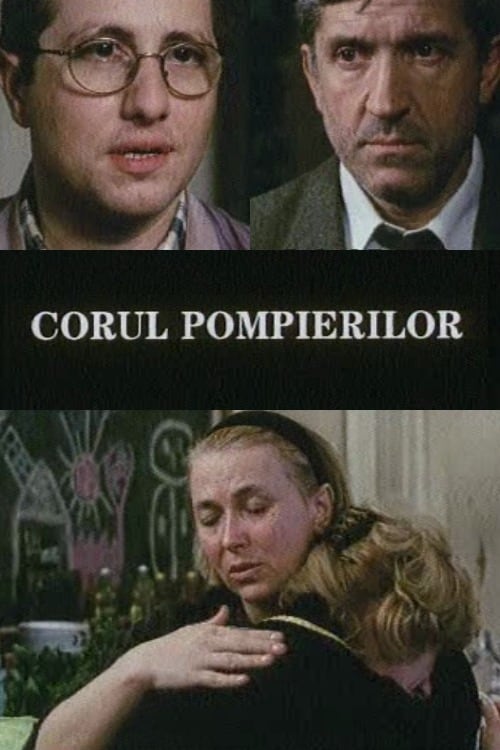
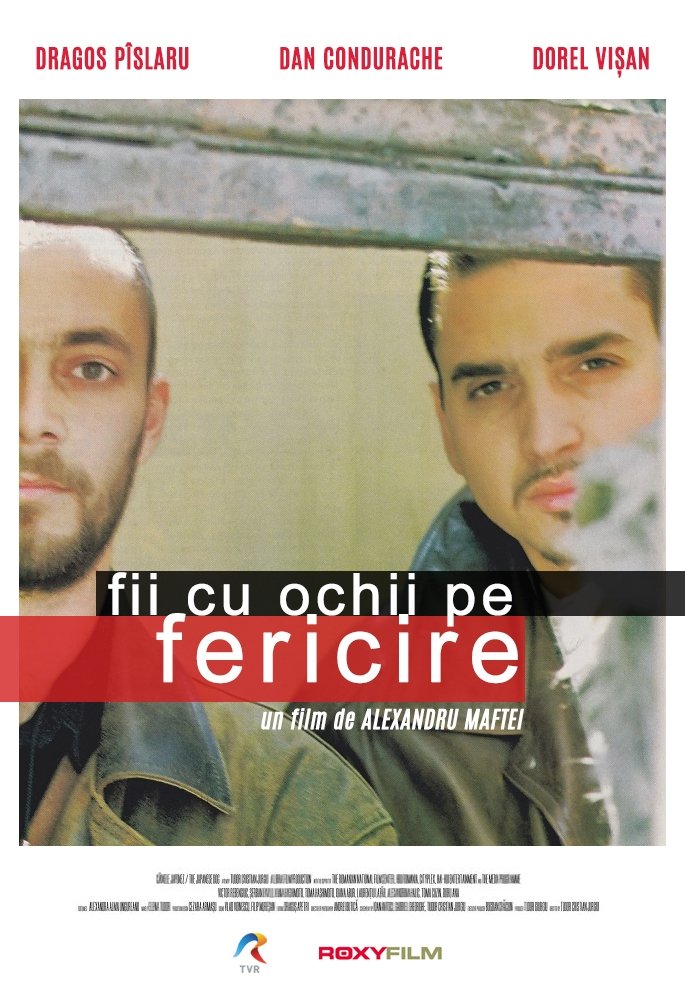
A 20 year class reunion, at Snagov, in a villa that belonged to Ceaușescu and now melongs to a media magnate. The reunion is hijacked by a magnatețs son, who makes it into a talk show, in which he humiliates an expat.
Born in Vlădești, Argeș County, he graduated high school in Câmpulung in 1967 and Bucharest's Caragiale Academy of Theatrical Arts and Cinematography in 1971. He made his theatrical debut a year before graduating, at the Bulandra Theater, in Truman Capote's The Grass Harp. His screen debut came in Dan Pița's Nunta de piatră (1972); he would later appear in the same director's Filip cel Bun (1975). Other directors with whom he has worked include Alexandru Tatos (Mere roșii, 1975; Secvențe, 1982; and Secretul armei secrete, 1988), Virgil Calotescu (Buletin de București, 1982; and Căsătorie cu repetiție, 1985), Nae Caranfil (Asfalt Tango, 1996; and Filantropica, 2002) and Cătălin Mitulescu (The Way I Spent the End of the World, 2006). In all, he has appeared in more than sixty films. Diaconu worked with Lucian Pintilie both in film (the 1981 De ce trag clopotele, Mitică?) and in theater: Gogol's The Government Inspector at Bulandra, and Shakespeare's As You Like It at the Nottara Theater. Liviu Ciulei hired him at Bulandra in 1972, and he remained there for a decade, before moving on to Nottara. At Bulandra, he appeared in Twelfth Night and The Tempest, both under Ciulei's direction; and in Marin Sorescu's Răceala, directed by Dan Micu. At Nottara, he appeared in Alexander Ostrovsky's The Forest; Ultimul bal, after Liviu Rebreanu's Forest of the Hanged; and Mihai Ispirescu's Într-o dimineață. He became the director of Nottara Theater in 2004, working as such until his resignation in 2011.
By browsing this website, you accept our cookies policy.